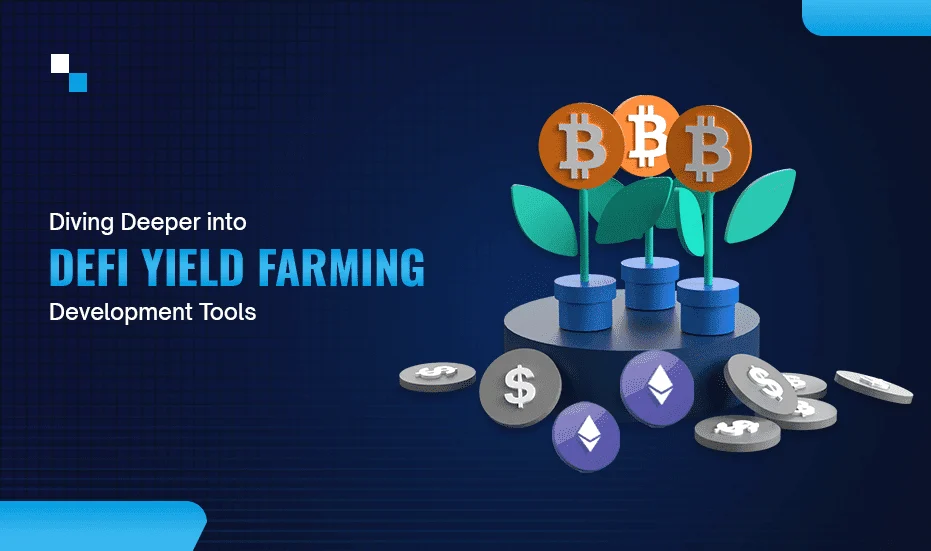As AI technology evolves, the rise of autonomous AI agents marks the dawn of a transformative “agentic economy.” These agents handle tasks ranging from shopping to investment management, operating at a speed and scale that human-driven systems cannot match. However, traditional financial infrastructures struggle to support their demands for efficiency, real-time settlements, and low-cost transactions. Enter blockchain and cryptocurrencies—a natural fit for this new paradigm.

Visualizing the Agentic Economy: AI agents leveraging blockchain networks and cryptocurrencies for autonomous, efficient, and global transactions in a futuristic digital ecosystem.
Understanding the Agentic Economy
AI agents function autonomously to execute tasks like purchasing, optimizing supply chains, and managing finances. These digital entities need financial systems that enable instant, programmable, and borderless transactions—capabilities that blockchain provides through decentralized smart contracts and crypto wallets.
Challenges with Traditional Systems
Current financial systems face barriers such as slow settlement times, high fees, limited programmability, and regional restrictions. These bottlenecks hinder the seamless functionality AI agents require, especially in machine-to-machine transactions.
Blockchain as the Catalyst
Blockchain addresses these limitations by offering programmable smart contracts, near-instant settlements, and borderless microtransactions. High-throughput networks like Solana enable cost-effective scalability for multi-agent operations. Moreover, stablecoins provide a secure, fiat-pegged medium of exchange for agent-driven transactions.
Path to Adoption and Value Accumulation
The integration of blockchain in the agentic economy will progress in three phases: human-to-agent, agent-to-human, and agent-to-agent transactions. Value is expected to concentrate in platforms offering identity verification, stablecoin issuance, settlement networks, and AI-blockchain integration tools.
Broader Implications
This evolution challenges traditional financial systems, raising questions about control, ethics, and regulation. Nonetheless, the trajectory is clear: blockchain and cryptocurrencies will underpin the infrastructure for autonomous commerce, redefining how value flows in a digital-first economy.




